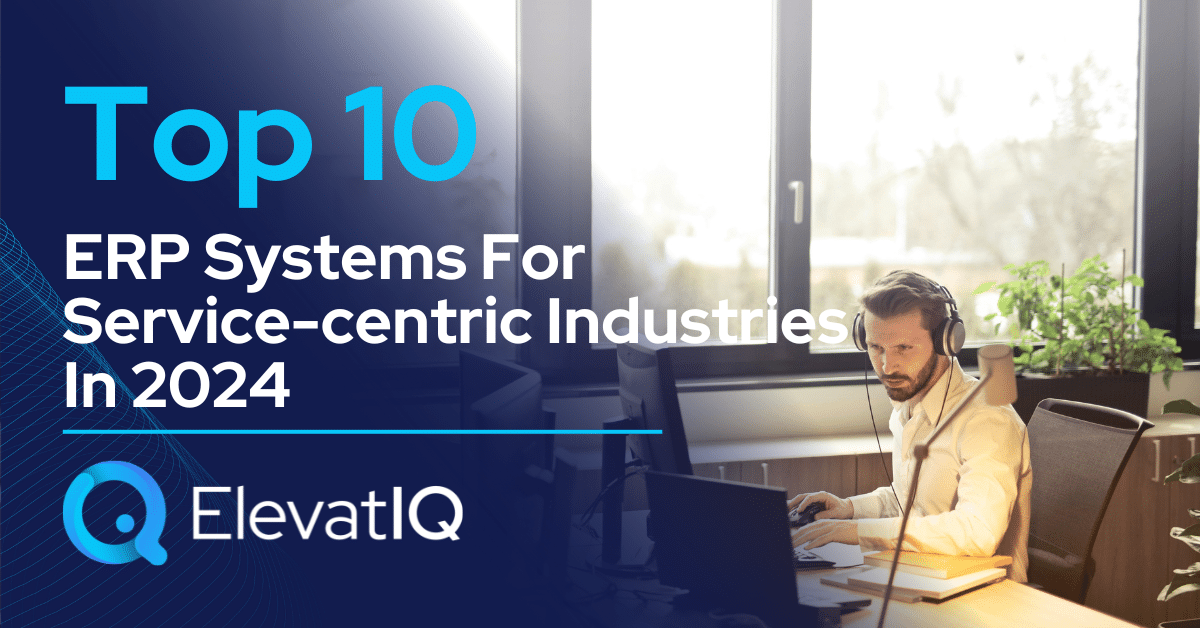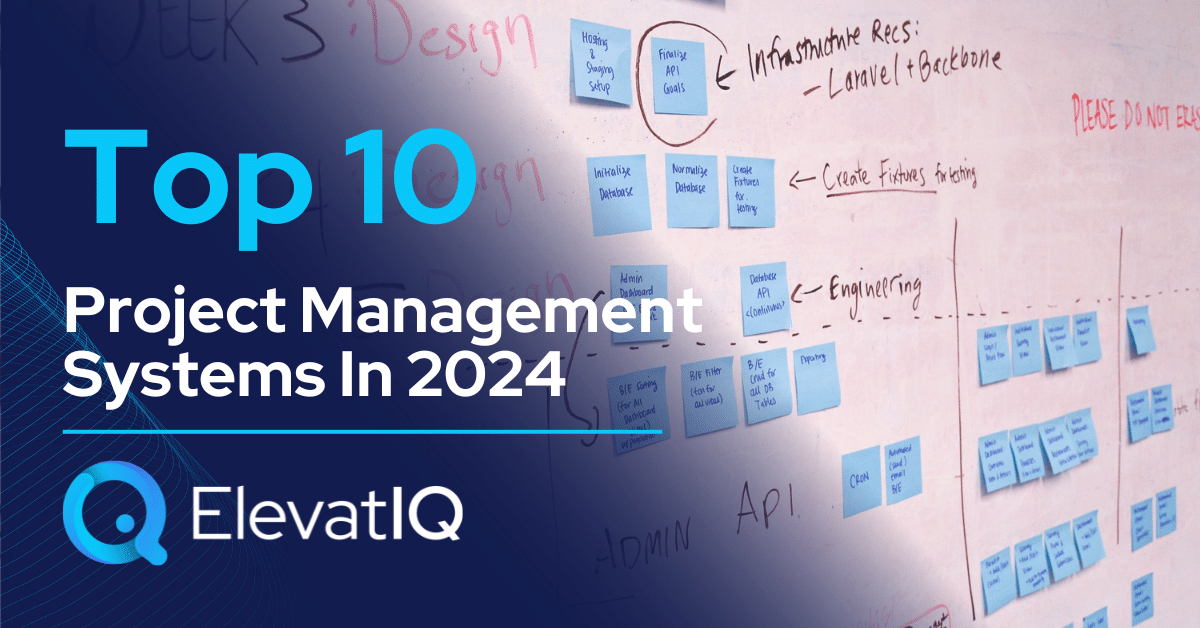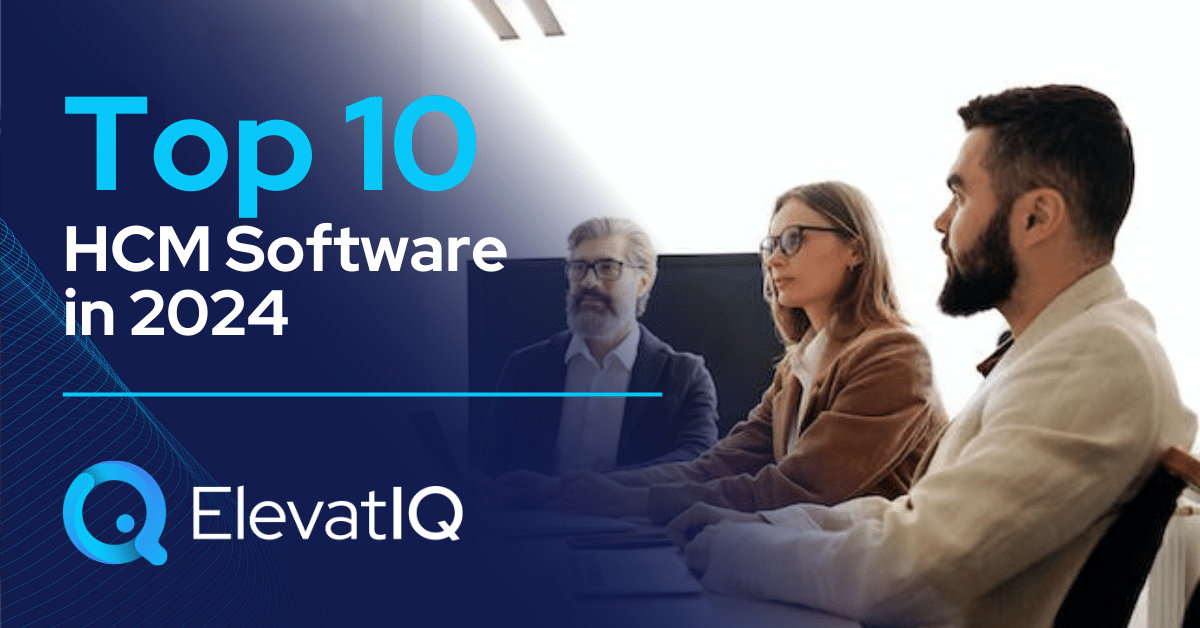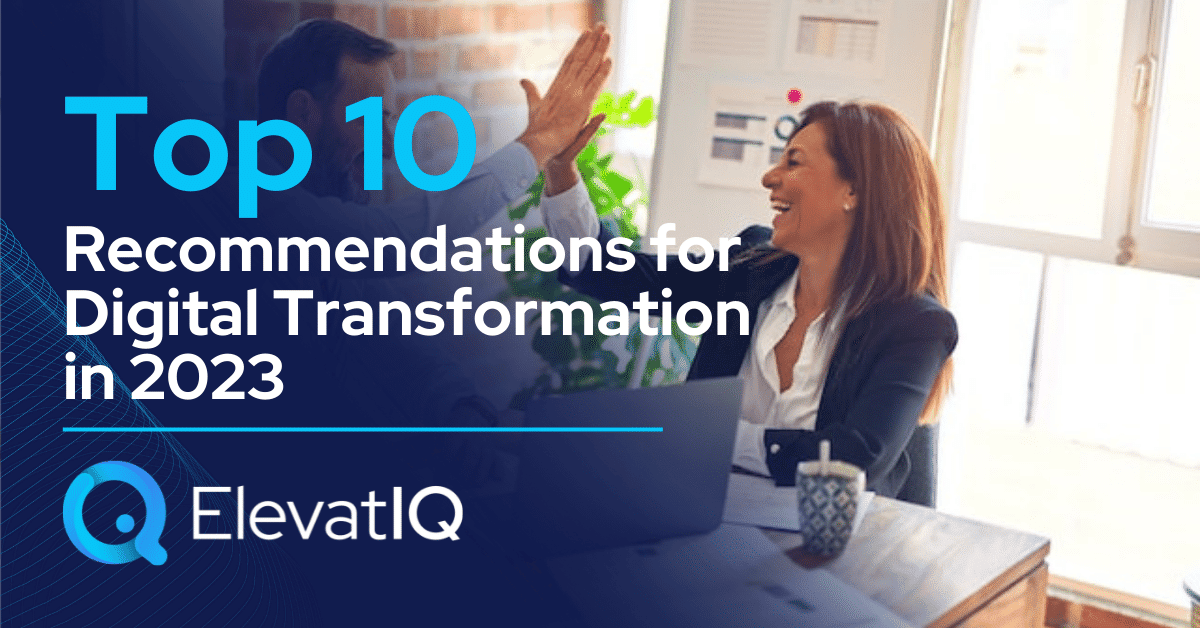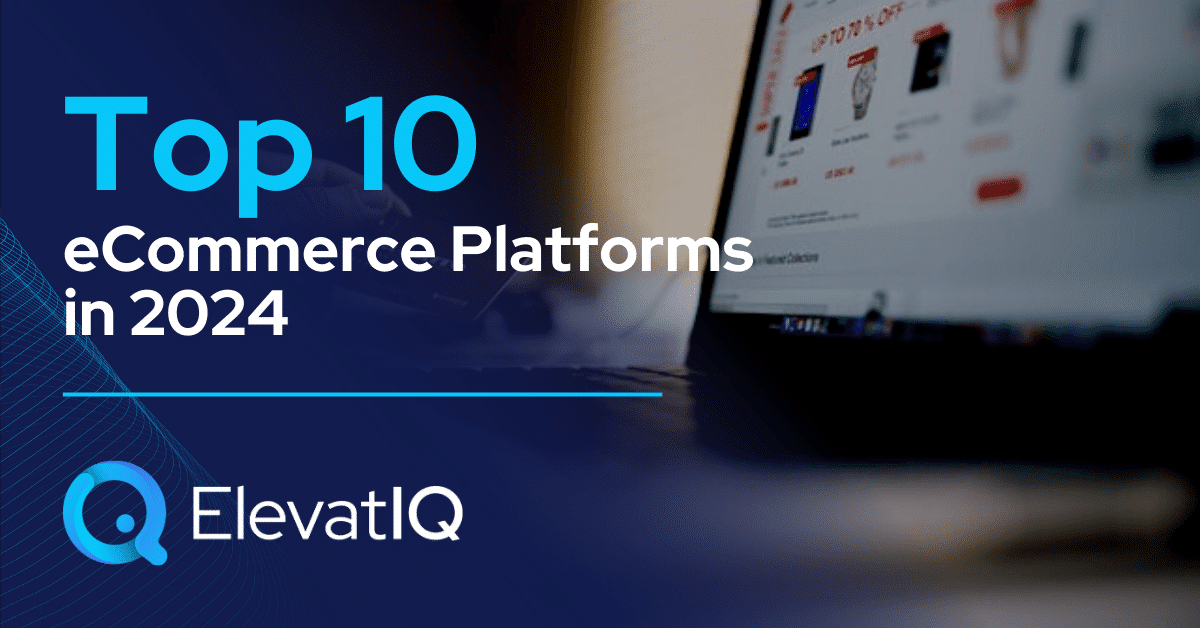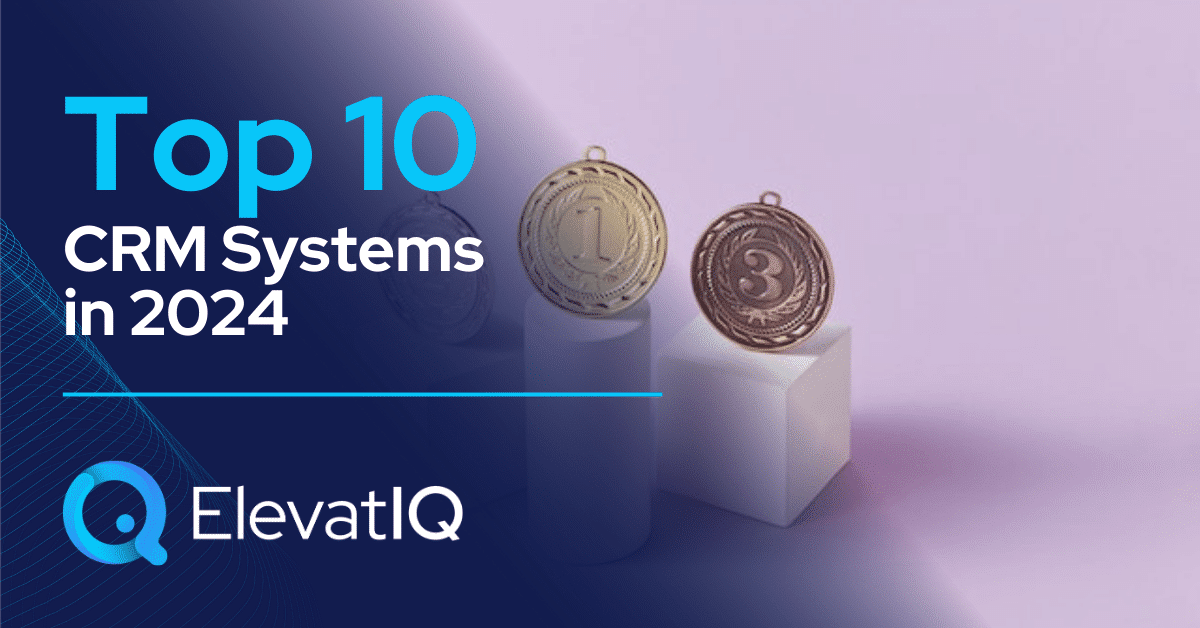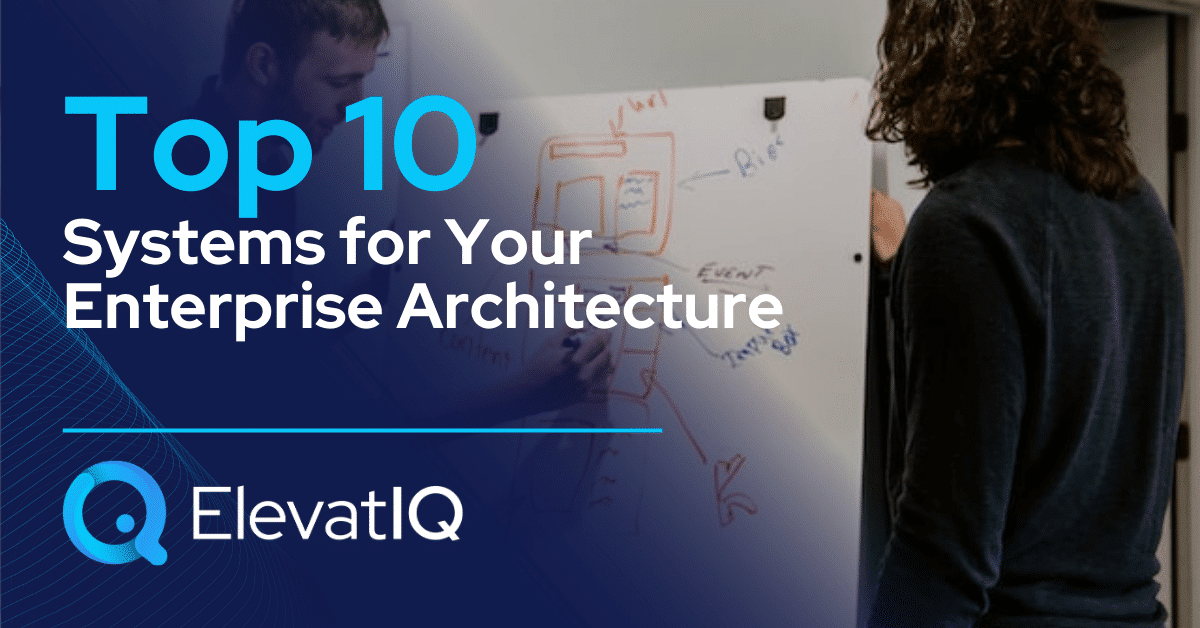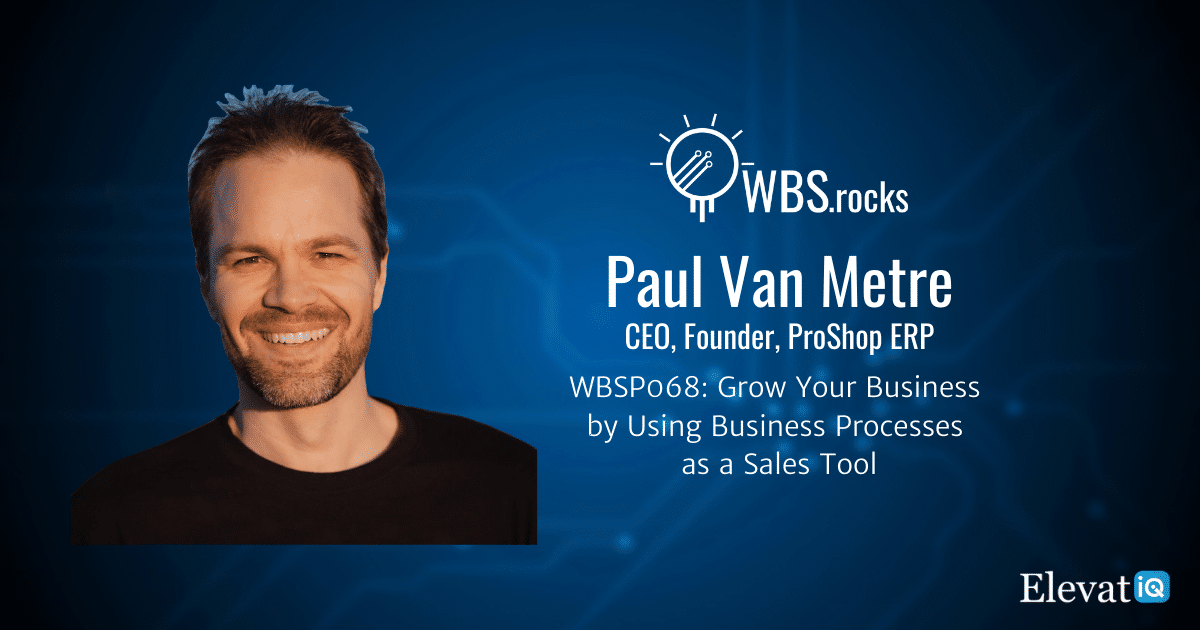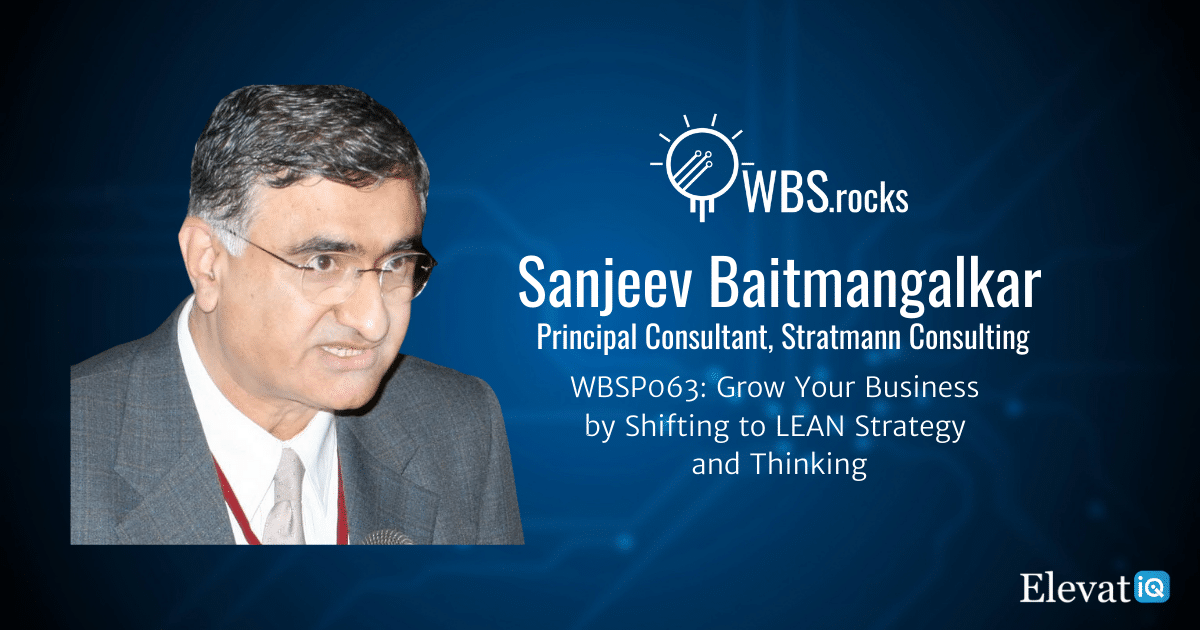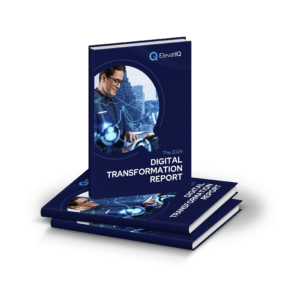Boosting Digital IQ of Services Companies
Through ERP and CRM Implementation, Digital Process Roadmap Development, and Human Experience Transformation
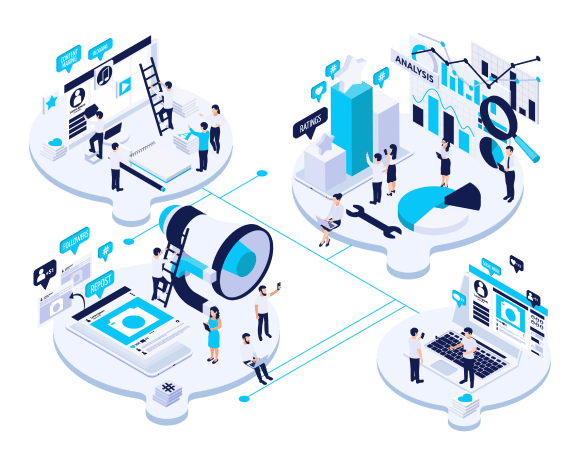
We Help Services Companies Like You
With The Following Challenges
ElevatIQ consultants have deep expertise in implementing systems such as ERP, CRM, CPQ, and HCM for professional and field services sub-sectors. This specific expertise reduces your digital transformation project’s time and costs, as we don’t need training on your industry and business processes. We already understand particular processes for your micro-industry.
Inability to estimate projects and jobs confidently
If you are running your processes manually or through disconnected systems, you will lack the reliable historical data that your estimators and project managers would need to be able to forecast costs accurately and bid at a competitive costs. This typically results in losing deals to your competitors, working on unprofitable opportunities, and lost opportunities due to the perceived higher costs of operations.
Workflow approval management and financial control
Do you have complete control over who is authorized to spend how much and what discount every role can provide? While you might have a vague understanding of the overall spend and discounting, it’s hard to manage the workflow without integrated systems and processes.
Losses Due To Lack Of Supplier Quality Management
Not all suppliers could be equally trustworthy. You need quality management processes while receiving the suppliers’ products to take appropriate corrective action for the material. These manual quality processes will slow down your procurement processes and may lead to financial losses.
Sales forecasting and planning issues
Have a solid pipeline but not sure when they might close and would require you to plan the human resources and equipment? Or you might lose money due to the penalties posed due to delays with delivery. These issues are due to the disconnected systems and processes.
Union and Fund Reporting
Is your SG&A growing faster than your revenue? If so, one of the reasons could be the the growth of your finance department due to the admin and manual computation for union and fund reporting. These processes typically require tight integration of ERP, human resources, and customer relationship management systems.
Inability To Build Consensus Among Teams
With growth, your system footprint is likely to grow exponentially. Each team including merchandising, planning, commerce, warehouse, and procurement might be using their preferred systems. And building consensus might be impossible. ElevatIQ uses a scientific process to coach the implications of each decision and gets buy-in from each team prior to selecting systems.
Scheduling and critical resource management
Experiencing delays due to the unpredictability or unavailability of critical resources? Unless you have end-to-end visibility into the workflow and schedule of critical resources, it’s hard to plan and avoid delays with projects and jobs.
No Real-Time Insight Due To Disconnected Processes
If your processes are currently manual or use siloed systems, you will be spending a significant amount of time resolving discrepancies. You will plan based on inaccurate data, and the information can’t be real-time.
Acquisitions driving the growth of siloed systems
Acquiring companies to meet your growth goals? If so, you are likely to acquire technical and process debt with a system footprint faster than you can consolidate. The siloed system might throw off your architecture completely and your master data could be all over the place.
Want to learn more about why independent consultants have a higher success rate with services companies’ implementation?
Our Case Studies for
Service Companies

ECommerce Supply Chain Transformation With ERP Selection
Download the eCommerce Supply Chain transformation case study and learn how LockNLube transformed its inventory and supply chain challenges by consolidating over 20 systems. As well as by creating business, process, information, and system architecture as they prepare for the next phase of their growth.

Mergers and Acquisitions ERP Integration Failure Rescue
Download the mergers and acquisitions ERP integration failure Case Study and learn how Pride Sports struggled with Supply Chain and inventory allocation issues, as well as operational disruptions due to poorly planned M&A integration and ERP transformation project.

Omnichannel eCommerce Customer Experience Transformation
Download the omnichannel eCommerce customer experience case study and learn how fashion retailer AKIRA built a digital roadmap and managed stakeholder expectations to transform its processes and systems to explore newer business models such as buy-online-pickup-in-store and curbside pickup.
Check Our Popular YouTube Videos
Manufacturing Playlist
Services Companies Enjoy These Benefits
Through Us
By streamlining the process, information, and system architecture, services companies enjoy several benefits resulting in financial gains of higher net new sales, retention of existing customers, and higher profit margins.
Superior Customer Experience
By connecting all your processes and streamlining them in one system, you can predictably commit and deliver to your customers. Without manual intervention, your customers will receive consistent experience through automated processes.
Traceability
A modern services companies ERP system will provide you the end-to-end traceability, whether you need a consolidated view of your sales or operations or debug a KPI through the process. You may need this traceability for your internal tracking or regulatory bodies.
Lower Costs
By eliminating manual and inefficient processes, you can lower the costs of your services, which will help you with a higher profit margin and increased sales.
Increased Efficiency
The connected processes result in reduced admin efforts as no longer will have you to reconcile data across systems and sites whether we are talking micro reconciliations such as for each job or macro at the division level.
Cash Flow Prediction
Through a modern services company's ERP system, you can plan your projects and procurement better, which will help gain superior control of your cash flow. It will also help with the better forecasting of your services in specific geographies and customer segments because of the richer data, which will help in planning the right offerings for the right geography and customer segments.
Reduced Overhead And Lean Processes
Enabling lean processes is nearly impossible unless you have a services company ERP system that can support lean processes that you desire to reduce excessive overheads and optimize the supply chain processes.
Are you facing these problems as well?
Check Our Popular Blogs For Services Companies
Our Services For
Services Companies
ElevatIQ services include finance and human experience transformation readiness assessment and vendor-agnostic digital process architecture development; business process re-engineering, documentation, and design; digital roadmap and business case development; enterprise technology selection; requirement, project, and change management; RFP development and contract negotiation; ERP implementation, optimization, and training; and ERP project recovery and expert witness.
Digital Strategy Assessment and Roadmap Development
Our assessment starts with a deeper dive into the current state of your processes, data, systems, pain points, and goals. We use secondary and primary methods to provide an initial roadmap of recommended changes to meet your business goals.
Fractional CIO, Expert Witness, and M&A Advisory
If you don't have an internal CIO, we can act as the interim CIO and advise on most systems and processes. In addition, if you need our help as the expert witness or in an M&A transaction to assess the potential of business technology, we can help.
HCM Selection And Implementation
If your goal is to improve the employee experience by implementing a new HCM platform or re-platforming your existing one, these services can help. In addition, we can help integrate it into your architecture.
ERP Implementation and System Integration
We have internal capabilities to support the implementation of most major ERP systems. We also help integrate Salesforce, HubSpot, Workday, Blackbaud, or ERP systems (SAP, NetSuite, Sage).
ERP Selection, Contract Negotiation, and Change Management
These services help identify the suitable systems for your enterprise architecture, uncover technical and financial risks deeply embedded in your contracts, and manage change for your organization.
Business Integration Technology Roadmap
Your acquisition strategy may land into technology silos, limiting the insight available across business processes, customers, and suppliers. Our team can help with technology integration strategy and execution.
Business Process Reengineering and Redesign
These services are applicable in the pre-selection phase to avoid ERP implementation and adoption risks. The goal of these services is to identify your legacy processes and datasets that need to be re-engineered before identifying technologies for your business.
ERP Project Recovery and Optimization
70% of the ERP projects don't deliver business results. And some cause significant disruptions to the business. If you need help recovering the project by analyzing the current implementation and taking interim steps to prevent damages or pivoting strategy, we can help.
Change and ERP Project Management
Unlike other ERP vendors in the market, our training methodology is inspired by modern learning techniques, which can be customized to your unique needs, irrespective of whether you prefer workshop-oriented training, online recorded sessions, or collaborative CRPs.
Most Recent Questions Services Companies
Asked About Their Digital Transformation Journey
An ERP stands for “Enterprise Resource Planning.” It’s a business management suite that can integrate all business processes of services companies such as project and job management, estimation, procurement, human resources, scheduling, and accounting in one system. Read more here.
A services ERP is a management information system that helps automate your operational processes, helps you plan your projects and provides real-time insight across processes. Read more here.
While several ERP systems in the market could provide profound functionality for several businesses, services ERP have unique needs with their revenue recognition, revenue and expense matching principles, estimation differences, and contract processes. They might also have industry-specific challenges such as fund and grant reporting, union reporting, and scheduling at the line level. A non-services ERP solution would require significant customizations for services companies to use it productively and increase your implementation risks and costs.
While the cloud provides several advantages, including mobile-friendly, subscription-model, and without the hassle of managing IT infrastructure, the cloud may not be suitable for every business. You should evaluate all the options before deciding which model is the right fit for your needs.



